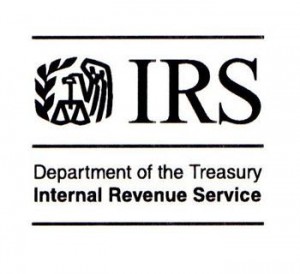 The IRS has now issued a series of forms to enable federal, state, and local governments to assess their compliance with federal tax statutes, and has set forth some common errors found in examining such employers. Several of the forms relate to employee benefits issues, and may be of assistance to governments trying to ensure that they comply with all legal requirements.
The IRS has now issued a series of forms to enable federal, state, and local governments to assess their compliance with federal tax statutes, and has set forth some common errors found in examining such employers. Several of the forms relate to employee benefits issues, and may be of assistance to governments trying to ensure that they comply with all legal requirements.
The forms are as follows:
For use by Federal, State and Local Government Entities
- Form 14581-A Fringe Benefits Compliance Self-Assessment
- Form 14581-B International Issues Compliance Self-Assessment
- Form 14581-D Other Tax Issues Compliance Self-Assessment
- Form 14581-G Worker Status Compliance Self-Assessment
For use by State and Local Government Entities Only


 This post was updated on June 26, 2015 to reflect the Supreme Court’s decision in
This post was updated on June 26, 2015 to reflect the Supreme Court’s decision in  Judge Steven W. Rhodes of the U.S. Bankruptcy Court for the Eastern District of Michigan had now issued an opinion stating that the bankruptcy proceedings for the City of Detroit can go forward.
Judge Steven W. Rhodes of the U.S. Bankruptcy Court for the Eastern District of Michigan had now issued an opinion stating that the bankruptcy proceedings for the City of Detroit can go forward.